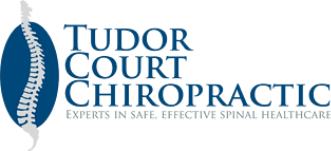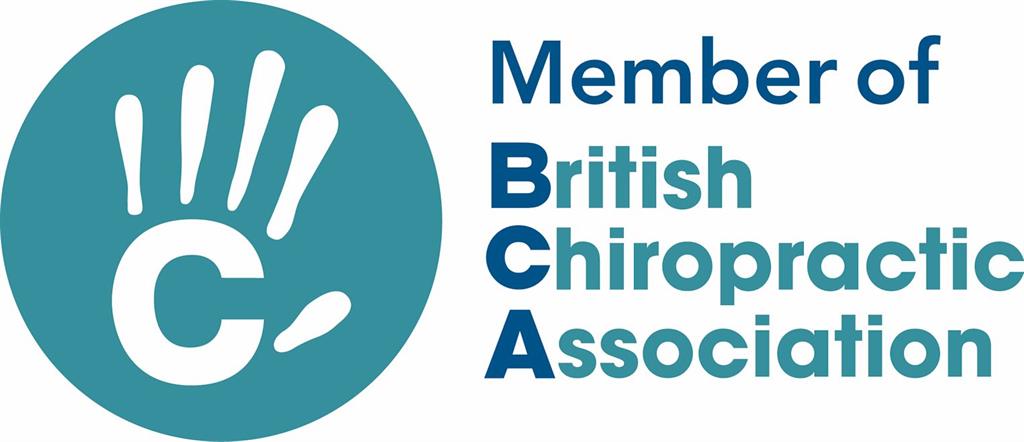
A 2011 case study suggests that chiropractic adjustments may alleviate chronic dizziness associated with neck pain.
A 29 year old man had been suffering from cervicogenic (coming from the neck) dizziness for 10 years. His dizziness developed in his 20's after a lifetime of neck and back pain as a result of a car accident he’d been in as child.
The man had tried a multitude (a big word for a Monday) of both medical and alternative treatments but nothing seemed to work. That’s when he began receiving chiropractic adjustments as part of a case study on chiropractic treatment for dizziness. The man immediately felt less dizzy after just one adjustment and continued to improve from there.
After a short course of treatment, the young man had substantially less dizziness and pain, better neck range of motion and an improved quality of life. Since there were no serious side effects, researchers concluded that chiropractic adjustments were a safe, effective treatment for this patient’s pain.
Although this was just a case study, it verifies research from another study in which chiropractic care combined with other approaches reduced dizziness in 80% of patients. However, it must be said that chiropractic adjustments will only be effective for cervicogenic dizziness.
For Benign paroxysmal positional vertigo (BPPV), the Epley manoeuvre would be more appropriate but happily, equally as effective.
Have a great day (in the pouring rain).
Matthew
A 29 year old man had been suffering from cervicogenic (coming from the neck) dizziness for 10 years. His dizziness developed in his 20's after a lifetime of neck and back pain as a result of a car accident he’d been in as child.
The man had tried a multitude (a big word for a Monday) of both medical and alternative treatments but nothing seemed to work. That’s when he began receiving chiropractic adjustments as part of a case study on chiropractic treatment for dizziness. The man immediately felt less dizzy after just one adjustment and continued to improve from there.
After a short course of treatment, the young man had substantially less dizziness and pain, better neck range of motion and an improved quality of life. Since there were no serious side effects, researchers concluded that chiropractic adjustments were a safe, effective treatment for this patient’s pain.
Although this was just a case study, it verifies research from another study in which chiropractic care combined with other approaches reduced dizziness in 80% of patients. However, it must be said that chiropractic adjustments will only be effective for cervicogenic dizziness.
For Benign paroxysmal positional vertigo (BPPV), the Epley manoeuvre would be more appropriate but happily, equally as effective.
Have a great day (in the pouring rain).
Matthew


 RSS Feed
RSS Feed













